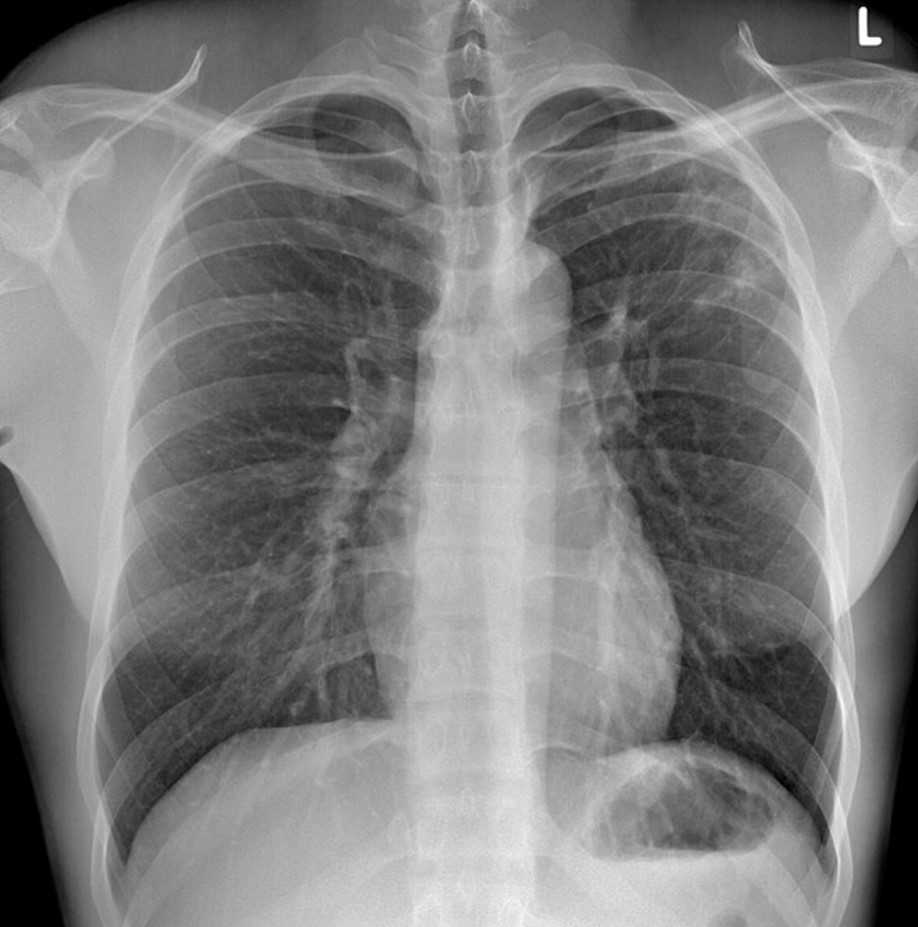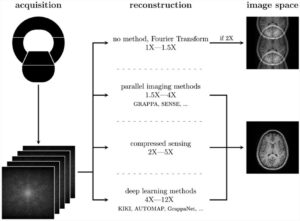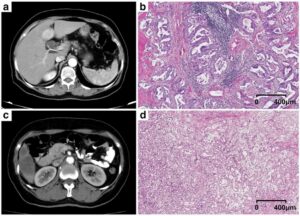Chest radiographs (CRs) have long been used as one of the screening tests for pulmonary tuberculosis (TB). However, the interpretation of a large number of CRs is time-consuming and labor-intensive. To overcome this difficulty, we developed the deep-learning-based automated detection (DLAD) for active pulmonary TB detection and performed out-of-sample testing in the consecutively collected 20.135 CRs from 19.686 servicepersons. As a result, the DLAD algorithm correctly detected all five CRs with high specificities (0.959 – 0.997) and negative predictive values (1.0). In addition, it showed comparable diagnostic measures for detection of TB to radiologists. We believe that DLAD algorithm can help physicians and radiologists detect active pulmonary TB on CRs in a time-efficient manner, and identify individuals for further clinical evaluation and diagnostic testing for active TB.
Validation of the DLAD algorithm in a real-world setting is a critical process for it to be safely applied to a real-world clinical setting. Our study was the first study that tested the DLAD algorithm in a real-world systematic screening setting, which we believed was one of the main strengths and contribution of this study. However, this study has limitations in that we had only five CRs confirmed as active pulmonary TB and this number could not be sufficient to demonstrate the DLAD algorithm’s diagnostic performance. In addition, a very specific study population of young healthy military servicemen can be a constraint on generalizing the results of this study. Therefore, further studies covering a larger number of active pulmonary TB and a wide demographic variety of study population will be needed.
Key points
- Deep learning-based automated detection algorithm detected all chest radiographs with active pulmonary tuberculosis with high specificities and negative predictive values in systematic screening.
- Deep learning-based automated detection algorithm had comparable diagnostic measures with the radiologists for detection of active pulmonary tuberculosis on chest radiographs.
- For the detection of radiologically identifiable relevant abnormalities on chest radiographs, deep learning-based automated detection algorithm showed excellent diagnostic performance in systematic screening.
Authors: Jong Hyuk Lee, Sunggyun Park, Eui Jin Hwang, Jin Mo Goo, Woo Young Lee, Sangho Lee, Hyungjin Kim, Jason R. Andrews & Chang Min Park













